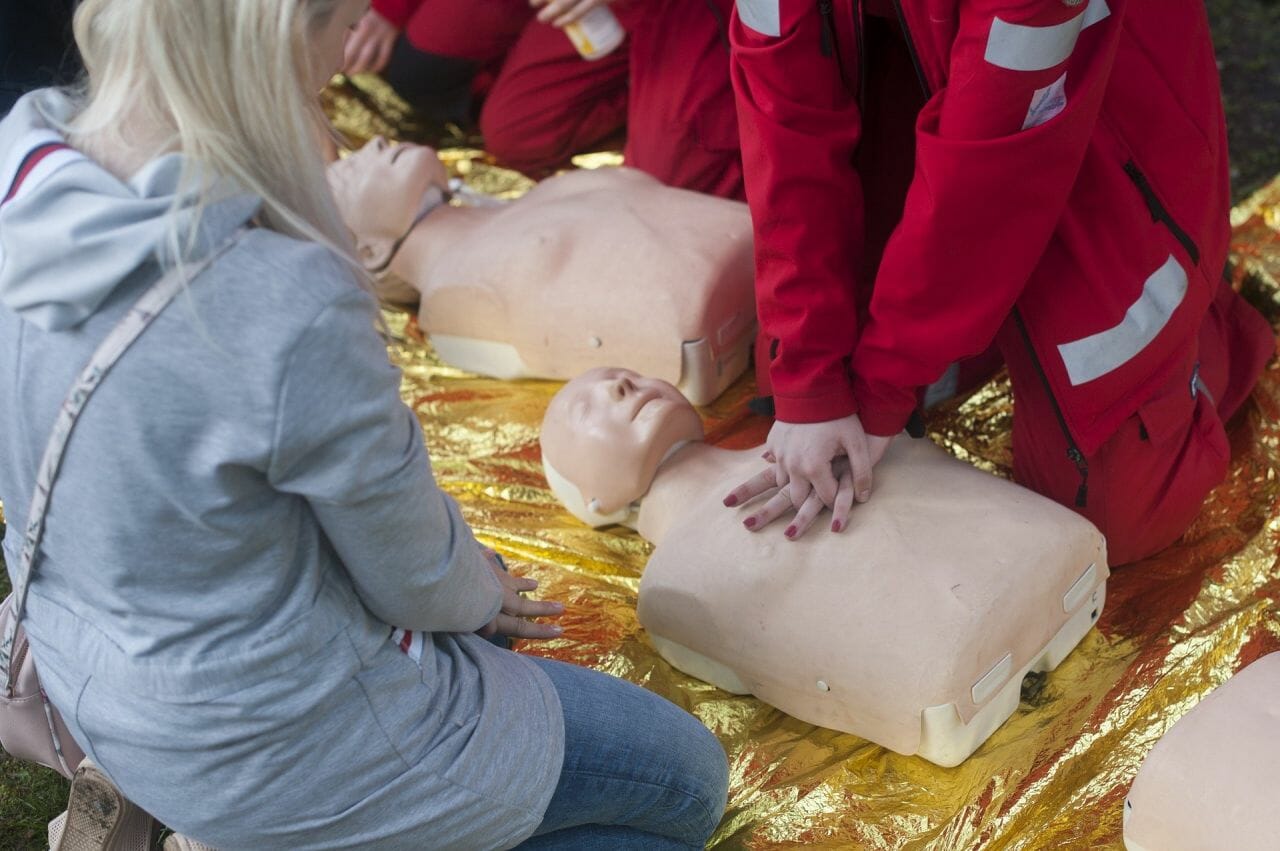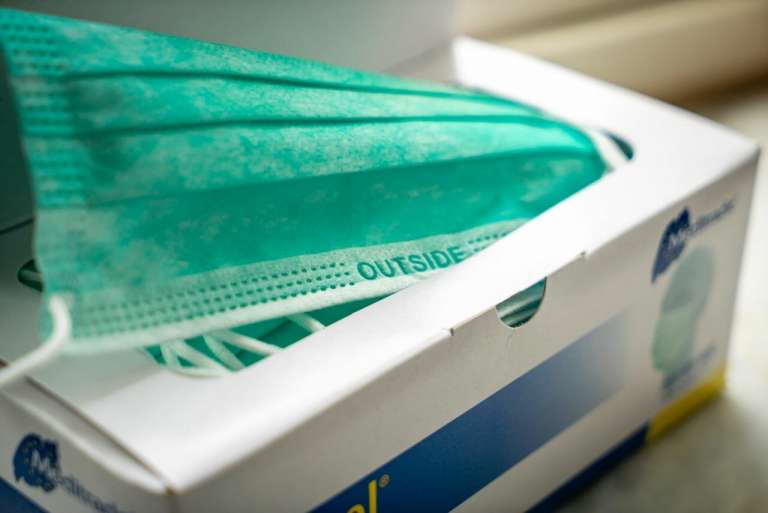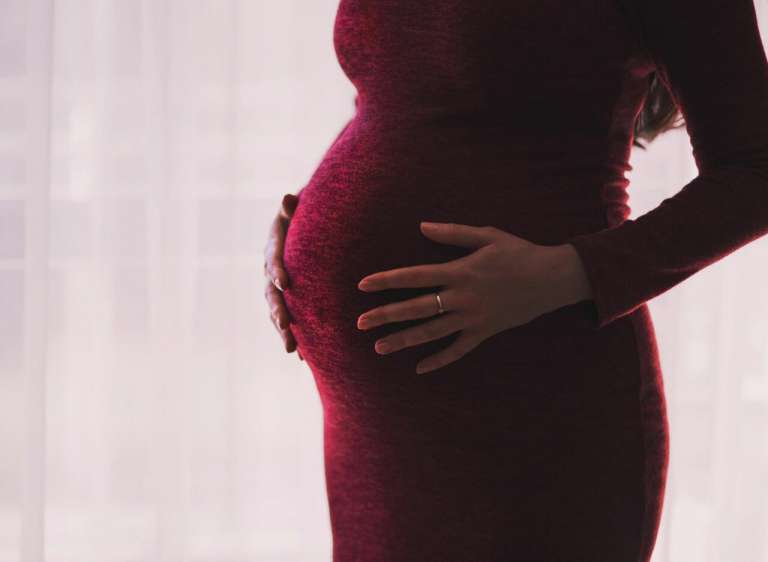The Care Quality Commission (CQC) has published an interim report into the use of Do Not Resuscitate (DNR) decisions. It suggests that some Do Not Resuscitate decisions were inappropriately applied during the early stages of the pandemic. This is likely to have led to potentially avoidable deaths.
The Care Quality Commission’s Investigation into the use of Do Not Resuscitate Decisions
We reported, in November, that the Care Quality commission had been asked by the Department for Health and Social Care (DHSC), to conduct a review into the use of DNAR decision, during the pandemic.
The review was commissioned following concerns that DNR decisions were being inappropriately applied to broad groups of people; rather than following an assessment of an individual’s personal circumstances.
The CQC initially raised concerns about this practice on 30 March 2020. Between March and September 2020 they then saw a 400% increase in the number of ‘Give Feedback on Care facility’ submissions relating to DNR decisions.
This week the CQC published an interim report into their findings. The full report is due in February 2021.
Interim Report Finds Do Not Resuscitate Decisions Were Inappropriately Applied
The report identifies evidence of “unacceptable and inappropriate” use of DNR decisions at the start of the pandemic. The CQC say that amidst a sense of providers being overwhelmed, there was confusion and miscommunication about how DNR decisions should be applied.
Thankfully, they have not identified evidence of bad practice being widespread, or continued. However, they do say that some of the decisions wrongly put in place, might still be in effect.
There is also some evidence that poor practice has been longstanding and the pandemic merely “exposed and exacerbated” poor practice. They also recognise that the standard of current practices varies.
A prompt multi-agency response appears to have mitigated the scale of the problem. But this will come as little comfort to families who have lost relatives to potentially avoidable deaths.
Next Steps
Pryers appreciate that the DHSC and CQC are undertaking this review. DNR decisions are literally a matter of life and death, so there is no room for error; there is no opportunity to make amends. The fact that there is some evidence of longstanding issues is a disturbing revelation. We can only hope that the lessons learnt lead to better practices in the future.
The next stage of the CQC’s investigation will involve an in-depth review of individual cases. They will:
- Speak to families affected, as well as health and social providers, and professionals involved in care
- Review medical records of people from across the country
- Produce case studies on seven Clinical Commissioning Groups (CCGs)
The full report is due in February 2021. In the meantime, they have asked all care providers to make sure existing DNR decisions have been made appropriately.
If you have been affected by an inappropriately applied DNR decision, Pryers’ medical negligence solicitors might be able to help you claim compensation for your pain and suffering. Call us on 01904 556600 or email us to see if we can help you make a claim on a no win no fee basis.





